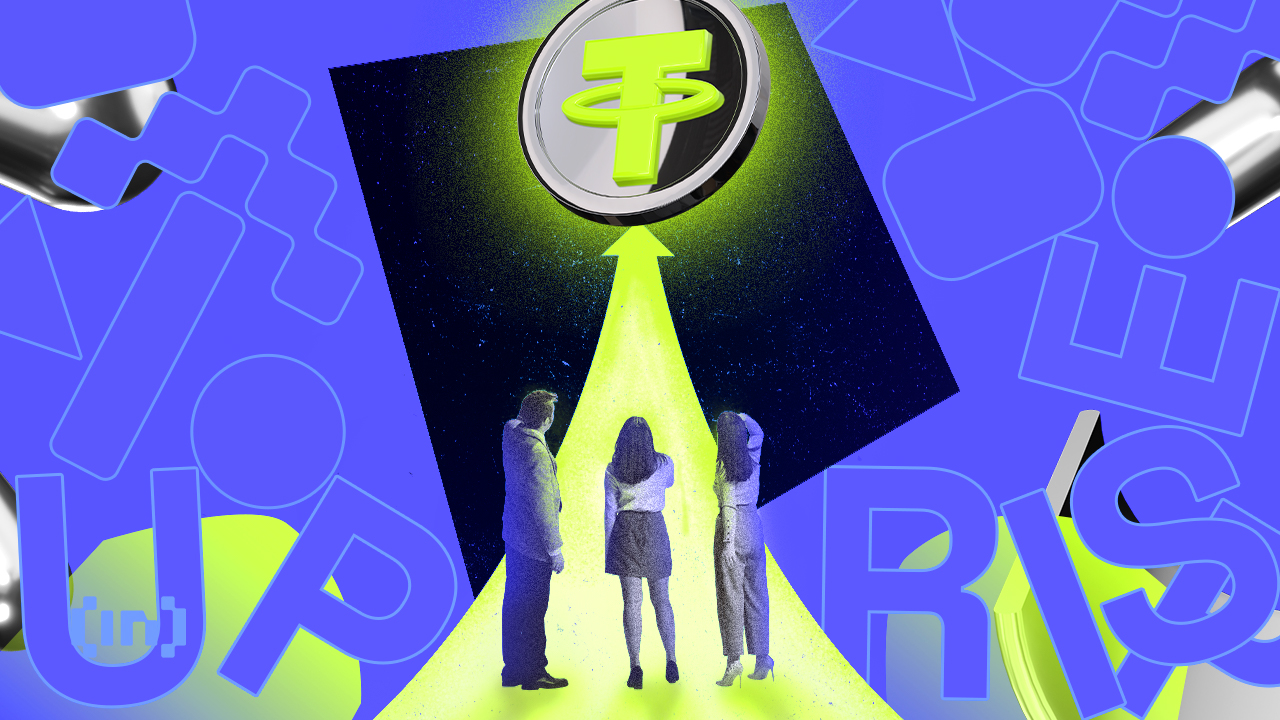
tether has stated that its secured loans are heavily collateralized in response to a recent report claiming Tether-led trouble in the sector.
The Wall Street Journal белешки in its report that Tether has not disclosed its USDT stablecoin-issued loans. It further questions its longer-term liquidity to honor redemptions. The concerns come after one of the largest crypto exchanges, FTX, filed for Chapter 11 bankruptcy this month. WSJ underlines that the subsequent market decline could have diluted Tether’s collateral.
The report also remarked, “Tether doesn’t say what the loans’ market value is, or whether the collateral includes cryptocurrencies.”
In response, Tether stated, “The article had many misconceptions of Tether and USDT, the most glaring of which was the claim that because Tether’s secured loans of USDT were denominated in USDT, Tether was exposed to a decline in the value of USDT.”
Tether Under the Microscope After FTX Collapse
Tether has a long-standing history of trouble with the regulators. Questions around Tether’s reserves erupted even around the Земјата Луна crisis and the 3AC-led market collapse. Once again, the FTX bankruptcy has renewed concerns around the top стабилен by market capitalization, especially when information about the role of FTX token FTT has shed light on the firm’s overleveraged position.
That said, USDT also lost its dollar peg briefly following the contagion.
However, Tether argued, “This completely misses the mark and mistakes the USDT itself for the collateral that underpins it. Tether’s secured loans are extremely overcollateralized and even backstopped by additional equity if needed.”
The stablecoin issuer reiterated that its equity is expanding swiftly, with 82.45% of the reserves held in U..S Treasury bonds and other cash equivalents. It continued by saying that the WSJ overlooks that a drop in the price of USDT tokens is irrelevant in the context of a secured loan. Tether explains that these declines only represent exchange value rather than redemption value for the underlying collateral.
Additionally, the media outlet expressed worry about Tether lending its tokens rather than selling them for cash. However, Tether compared it to what commercial banks do with their clients. The latter noted, “When a private banking client needs some short-term liquidity and he has an important investment portfolio that he does not want to sell, the client asks to pledge his portfolio for the short term liquidity.”
Continuing to Defend
This is not the first incident that Tether has hit back at news reports questioning its financial statements. Earlier in August, Tether had accused WSJ of spreading “false information.” This was after the news organization suggested hedge funds were shorting Tether due to its ill financial health. The stablecoin also hit back at Bloomberg this year after the news outlet made serious allegations against it. But the latter се нарекува the report “dubious.”
Last year, Tether was fined $ 41 милиони by the Commodity Фјучерси Trading Commission for claiming to be fully dollar-backed. Since then, Tether has safeguarded its financial position. It stated once again, “Tether is not gambling clients’ money but is and has been accurately managing its reserves and does not apply fractional reserve.”
Meanwhile, the platform once again is in legal trouble. A Bloomberg пријавите claims that the Justice Department is looking at a possible bank fraud case against Tether and its sister organization Bitfinex.
Општи услови
Сите информации содржани на нашата веб-страница се објавени со добра волја и само за општи информации. Секоја акција што читателот ја презема врз информациите што се наоѓаат на нашата веб-страница е строго на нивна опасност.
Source: https://beincrypto.com/tether-hits-back-wsj-claims-usdt-loans-overcollateralized/
